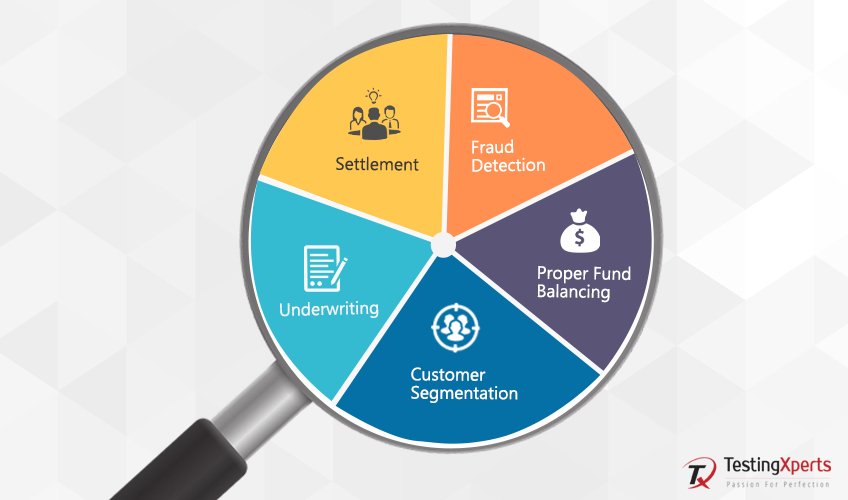Recommended Blogs
5 Ways Big Data Analytics Impacts Insurance Industry

Content
- Insurance Big Data & Analytics
- Major areas where Big Data and analytics can make a huge difference
- The Bottom Line
Insurance Big Data & Analytics
Insurance firms undergo a process of evaluating risks of insuring a person and consequently setting up the premium for the policy. They hold great quantities of data that helps them get acquainted with the existing customers and reach new customers as well. While the industry has made immense progress by analyzing and capturing structured data, the unstructured and untapped data like social media, real-time news feeds, and other channels etc. are also considered as valuable.
In order to succeed in the ever-changing and competitive insurance industry, it’s a no-brainer that insurers must leverage Big Data and analytics. Algorithms based on Big Data can help insurance companies to meet compliance changes, minimize losses and reduce costs.
Five major areas where Big Data and analytics can make a huge difference:
1. Fraud Detection: One of the significant reasons why insurers go through each and every page of the data is to detect fraudulent claims. This process is not only carried out when the claims are registered but also at the onset and at the revival of the lapsed policies. The overburdened job of the insurers makes it difficult for them to manually gather information and sort each one of them. Predictive analysis through big data can help insurers spot the fraudulent material quickly. Methodologies in data analytics like database searches, modeling, text mining & exception reporting can be used in order to identify fraudulent claims.
2. Proper Fund Balancing: There are huge funds maintained by the insurers against potential claims. It is nearly impossible to predict the size of claims or forecast when a claim will arise. Optimization of the reserve fund is, therefore, a huge task that entails a relentless assessment of risk. Insurers, though, spend a decent amount of time in these tasks, predictive and trending analytic tools can release the pressure of this herculean task from the insurers, helping them make correct judgments about optimization and fund balancing.
3. Customer Segmentation: Calculations of the premiums are based on the claim experience of the group of customers. Usually, customers are grouped by the similar age, sex and the term of insurance. Within a particular group, it is possible that customers are present with varying levels of risk. If there is same premium for the whole group, it is possible that customers with low-risk compensate for customers with high-risk. Big data analysis, therefore, can help insurers group their customers better and calculate customized risk-based premiums.
4. Underwriting: Underwriting insurance policies is a huge task for the insurers as it requires assessing a large amount of data. Obtaining the data in the digital form from the proposer can eliminate human errors and also provide greater authenticity in the data. Analysis and processing of the data can also be automated using BI tools and presented in a suitable format to the underwriter. This process significantly accelerates the process of underwriting, further making it error free.
5. Settlement: Complex claims are the ones that take most of the time and it makes sense in putting the most experienced adjuster on that claim. Usually, claims are settled based on various factors such as age, sex, history of the applicant, duration of the insurance etc. Analyzing all factors associated with the insurance and providing claim to the customer becomes a humongous task for the adjuster. Settlement needs a fast-track process that can settle the claims quickly by analyzing the claim histories. Using data analytics, insurers can fast-track the process of claims and garner superior customer satisfaction.
Even after providing major impressions in the world of finance, healthcare, and marketing, there has been a slow progress in integrating big data analysis into the insurance industry. Despite the benefits and significance of data analytics, there are hindrances following the adoption of big data by the insurance firms. One of the key challenges insurers face in adoption of big data and analytics is testing and validation of the systems being implemented.
TestingXperts promises to support global insurers with the challenges faced by them in implementation of big data and analytics initiatives. Being a specialist QA and software testing firm, we have specialist approach and tools to provide effective and automated testing solutions for big data and analytics.
Discover more
Stay Updated
Subscribe for more info


